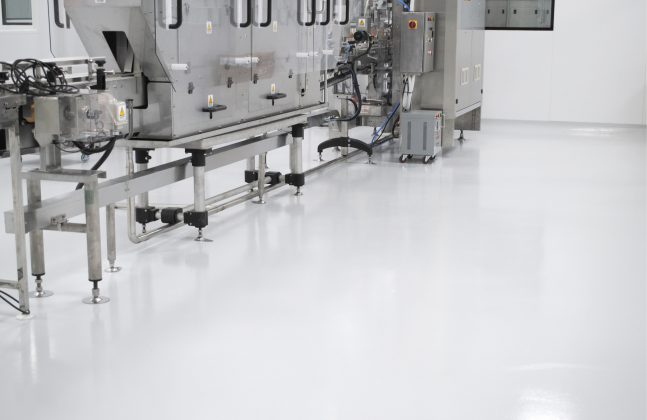When it comes to keeping a space clean a little dusting here and there can work wonders. Whilst cleaning and tidying on a regular basis works well for some spaces, it doesn’t quite cut it for cleanroom environments. Here we explore the necessary measures for maintaining such a space.
What is a cleanroom?
Defined as a clean and controlled environment that has a low level of pollutants, including dust, airborne microbes, aerosol particles and chemical vapours, cleanrooms can be found in practically every industry where small particles can negatively affect work being carried out onsite.
The above infographic outlines basic cleanroom requirements and classifications.
Where are they found?
Whilst cleanrooms can vary in size and complexity, they are used extensively in industries such as pharmaceuticals, semiconductor manufacturing, biotech, medical device and life sciences as well as the critical process manufacturing common in aerospace, optics, military and Department of Energy facilities.
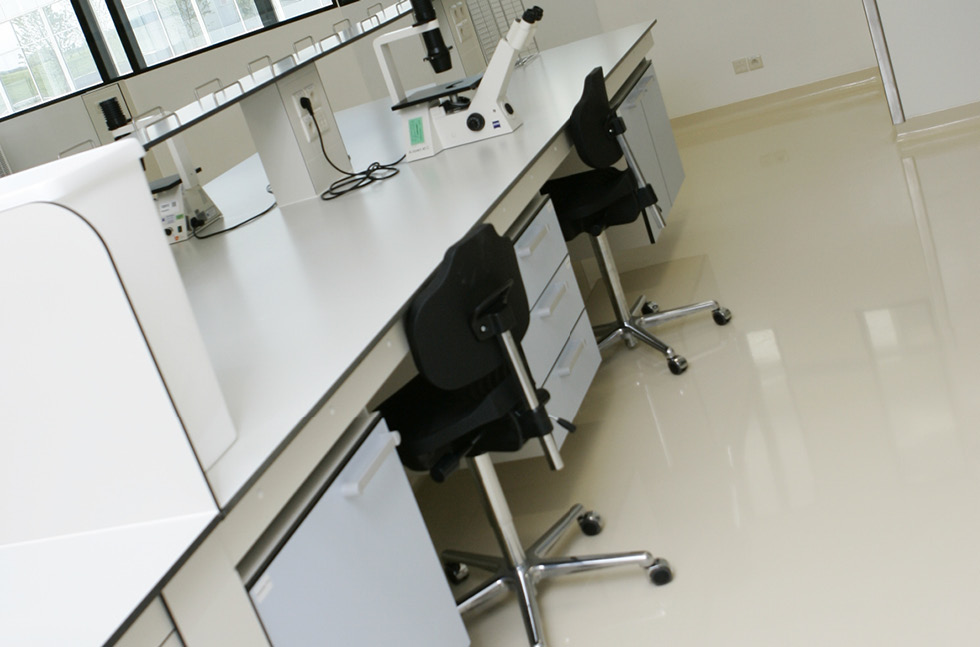
Cleanrooms are used in industries such as pharmaceutical, biotech and life sciences
What are cleanroom standards?
Keeping a space clean does not mean that you can class it as a cleanroom. We have to turn to ISO 14644, a standard that sets the criteria for creating and maintaining an effective cleanroom space.
How can CSM help?
CSM (Cleanroom Suitable Materials) is an industry alliance that was initiated by the Fraunhofer IPA institute in 2003. The alliance developed testing methods based on international standards in order to provide a mark of accreditation for products designed for a cleanroom environment.
Which CSMs should be considered?
One of the key elements of maintaining a cleanroom environment is the floor, as it can be a prime site on which contaminants can build up and cause problems.
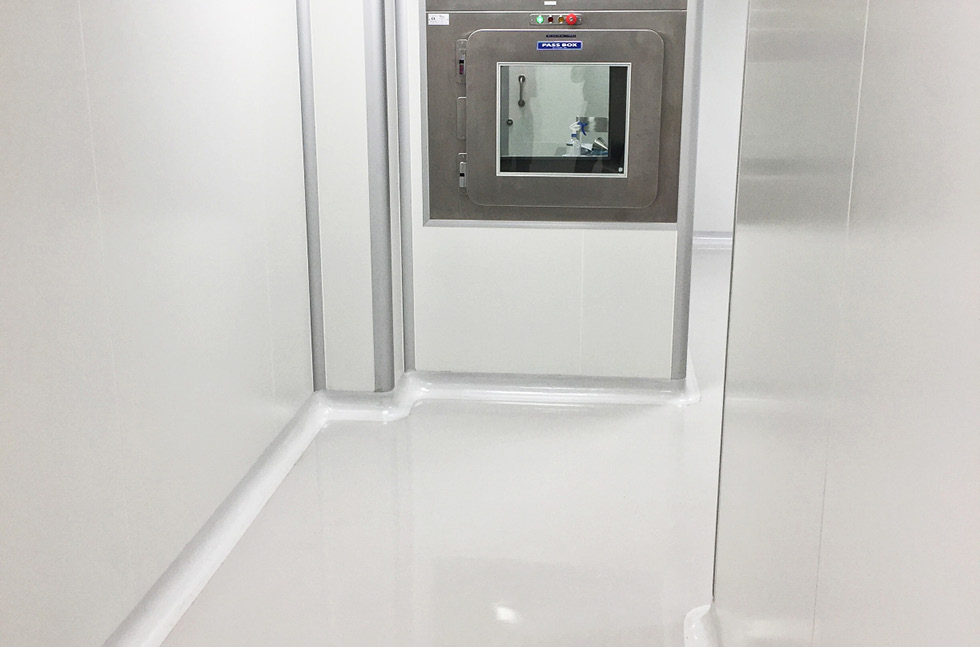
The floor can harbour germs and dangerous contaminants
Are there CSM qualified flooring materials?
There are a number of CMS qualified flooring materials in the market that take into account a long list of standards, including ISO 14644.
Epoxy floor coatings are available that have been tested by the IPA. The benefit of installing a certified resin system in a cleanroom is that not only will it not negatively impact the interior air quality, but the site will also benefit from the multiple operational advantages of industrial resin systems.
What are the advantages of choosing certified systems?
A) Resistance is a key factor when specifying flooring for such spaces. The floor must be able to maintain integrity when faced with abrasion, impact and wheeled traffic, as well as chemical attack – this is imperative to reducing the emission of particles in the air! Epoxy systems are able to withstand such challenges, as well as rigorous cleaning processes.
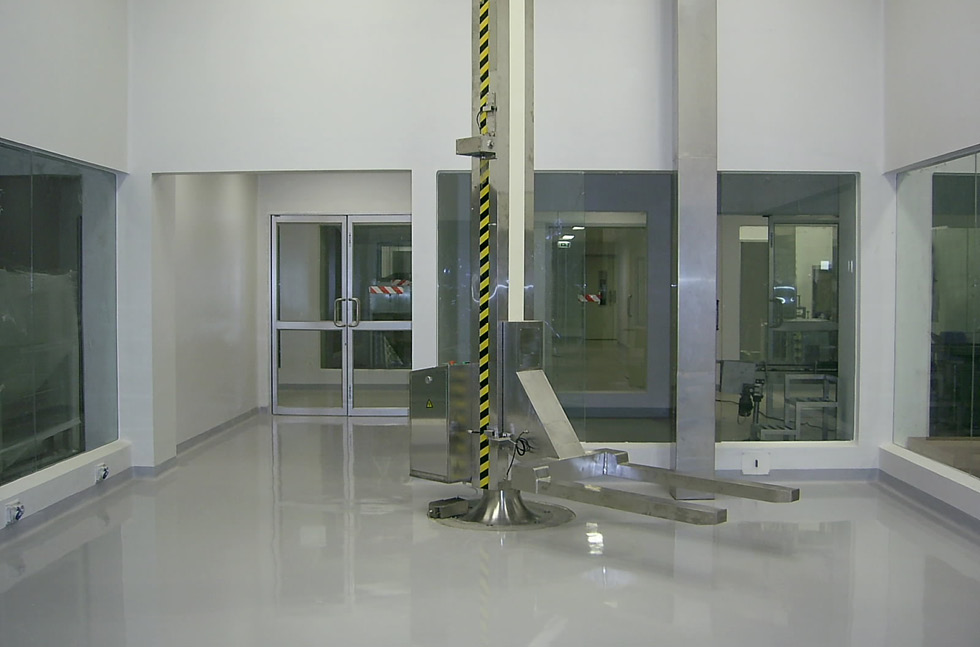
Abrasion resistance is important as cracks can hide and harbour bacteria
B) Epoxy systems are available that can help to reduce the presence of bacteria. Bacteria are dispersed into the atmosphere during the biofilm cycle, increasing air particle content; therefore a seamless epoxy solution is ideal as it provides an easy-to-clean floor finish, abolishing joints for bacteria to hide in.
C) Epoxies with specific anti-static properties can be specified for sensitive environments, to help prevent against electro static discharges.
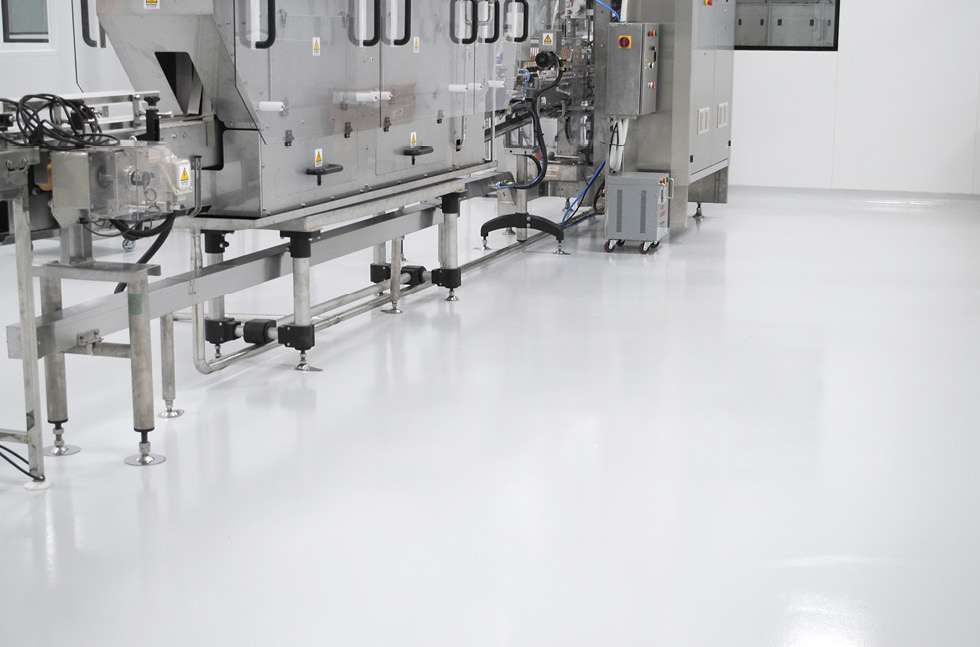
Anti-static properties help to protect sensitive equipment
D) Epoxies and polyurethanes are inert and low in VOCs, meaning that they release no particles into the surrounding environment.
If you would like additional information on cleanroom standards and CSM approved flooring materials, please leave a comment below, and we will get back to you.

